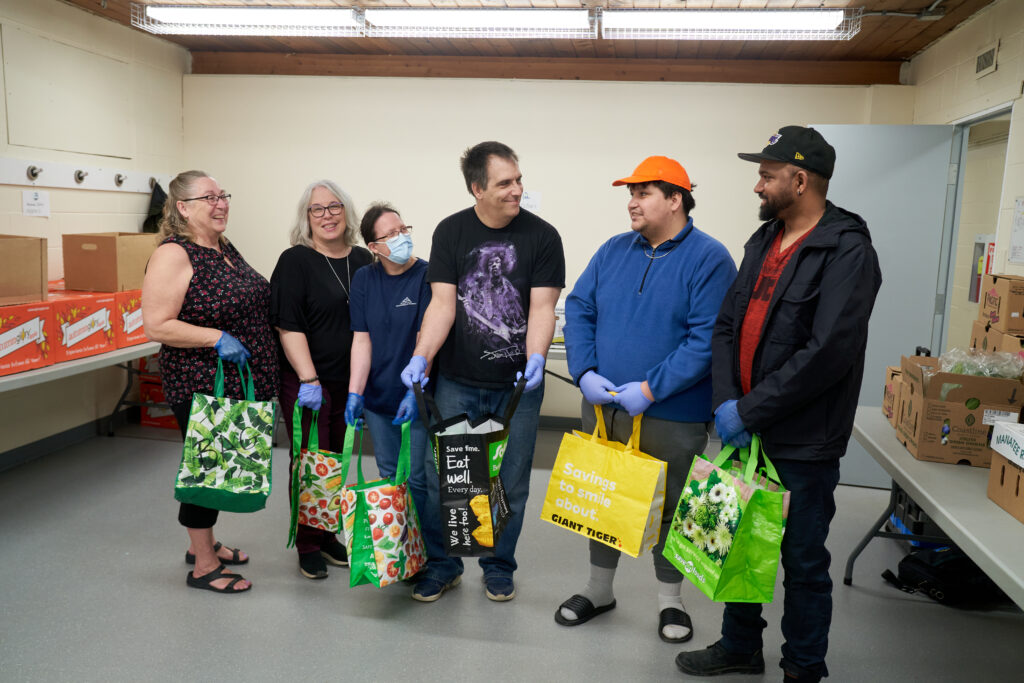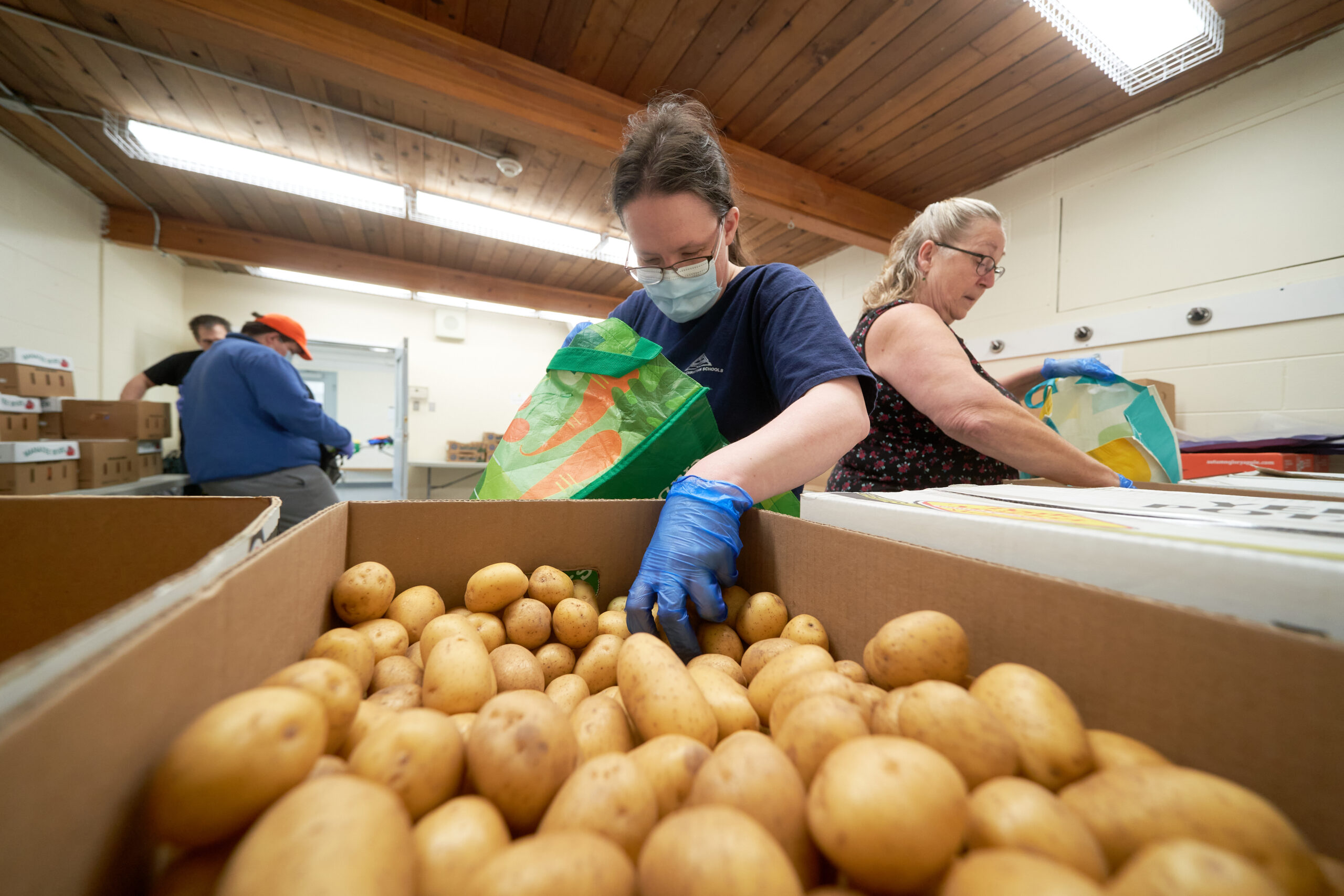How Winnipeg’s charitable organizations are addressing food security as the cost of groceries continues to rise

An overwhelming number of Winnipeggers currently face food insecurity. Difficulty acquiring nutritious food can manifest as poor health, chronic illness, depression, and/or a lack of practical and emotional support from local community members. Several community-based charitable organizations in the city are working to address food security in their neighbourhoods.
The Chalmers, Elmwood, and Glenelm neighbourhoods are food deserts. With no large grocery stores in the area, residents face significant barriers to obtaining fresh, nutritious food. The Chalmers Neighbourhood Renewal Corporation’s (CNRC) Better Access to Groceries (BAG) program has been working to address food insecurity in the area since 2015.
The program, supported through a COVID-19 Grant from The Winnipeg Foundation, has gone through several iterations. It began by delivering “good food boxes” to a limited number of families through the Elmwood Parent Child Coalition, until the cost of doing so became prohibitive. At this point, the CNRC began forming partnerships with other organizations in the area to develop a plan to address food insecurity. The program found its stride when Leilani Esteban-Villarba, Executive Director of CNRC, came across a bulk-buy program through a major grocer.
“We started with 10 families, and today we’re at about 300,” says Esteban-Villarba. “Our first couple of weeks, we were delivering food once a week. It started off with 10 people, grew to 20, and then people heard about it, and it just exploded.”
The program is run out of the Chalmers Community Centre, where boxes of fresh, nutritious produce are stacked high on folding tables that line a small room in the Centre on pickup days. Hand printed signs indicate the type of produce and the amount that participants can take home with them. The bulkbuy system allows the BAG program to offer a weekly bag of fresh fruits and vegetables valued at $20 to $30 to community members for $10, while people who live alone can receive a smaller bag for $5.
The program has a strong presence on social media, where information about what will be included in the next bag, as well as low-cost, healthy recipe ideas are posted. The recipes have been especially helpful for people receiving items in their bag that they may not have cooked with before.
With a central neighbourhood location, the program is easily accessible to residents who would otherwise face transportation barriers to fresh food. Many people in the community who access the BAG program use active or public transportation, but the significant distance to the nearest large grocery store poses a challenge.

“We’ve got a lot of walkers, people on bikes, people using strollers, so going all the way down to one of the bigger shopping places is a barrier,” says Esteban-Villarba. “Or they’re using public transportation, and that’s a huge barrier for people getting groceries. This program has been a godsend to a lot of people.”
The program, which ran nearly uninterrupted throughout the pandemic, has connected residents of the neighbourhood not only with fresh produce, but with each other. Jacquie Pontedeira, a Coordinator with BAG, says a new community has blossomed out of the program: “The community that has been built, even with all the volunteers we have, the camaraderie that has occurred – that has been a big part of it. People who live two streets over from each other who never knew each other before, now they’re neighbours.”
Across the Red River in Seven Oaks, Gwen Secter Creative Living Centre’s Kosher Meals on Wheels program is addressing food insecurity for seniors and those living with mobility or cognitive restrictions. Gwen Secter took over the operation of the program from Meals on Wheels in 2021, when the program began serving free meals to seniors across the city, thanks to several funders.
“It allows participants to be able to eat the foods they enjoy when it would not be something that they would be able to purchase in the store for themselves. People get roast beef, roast chicken, and items that you wouldn’t be able to purchase on a fixed income, and that are very hard to make for one person.”
Becky Chisick, Executive Director, Gwen Secter Creative Living Centre
“During the pandemic, we shifted very quickly to provide meals not just to those who required kosher meals, but to the whole city of Winnipeg,” says Becky Chisick, Executive Director of Gwen Secter Creative Living Centre. “We delivered 600 meals weekly to seniors who were isolated in their homes.”
The program offers nutritious, balanced meals cooked in Gwen Secter’s kitchen. Each meal includes meat, a vegetable, and a starch, and recipients have the option of receiving the food in a foil oven container or in a microwaveable container. Feedback about the program has been overwhelmingly positive
“It allows participants to be able to eat the foods they enjoy when it would not be something that they would be able to purchase in the store for themselves. People get roast beef, roast chicken, and items that you wouldn’t be able to purchase on a fixed income, and that are very hard to make for one person,” says Chisick.
Today, demand for the program is still strong. Though the program is no longer free of charge, the amount of people it serves is three times what it was prior to the pandemic. Gwen Secter Creative Living Centre works closely with the provincial government, which helps community members on income assistance access the program.



